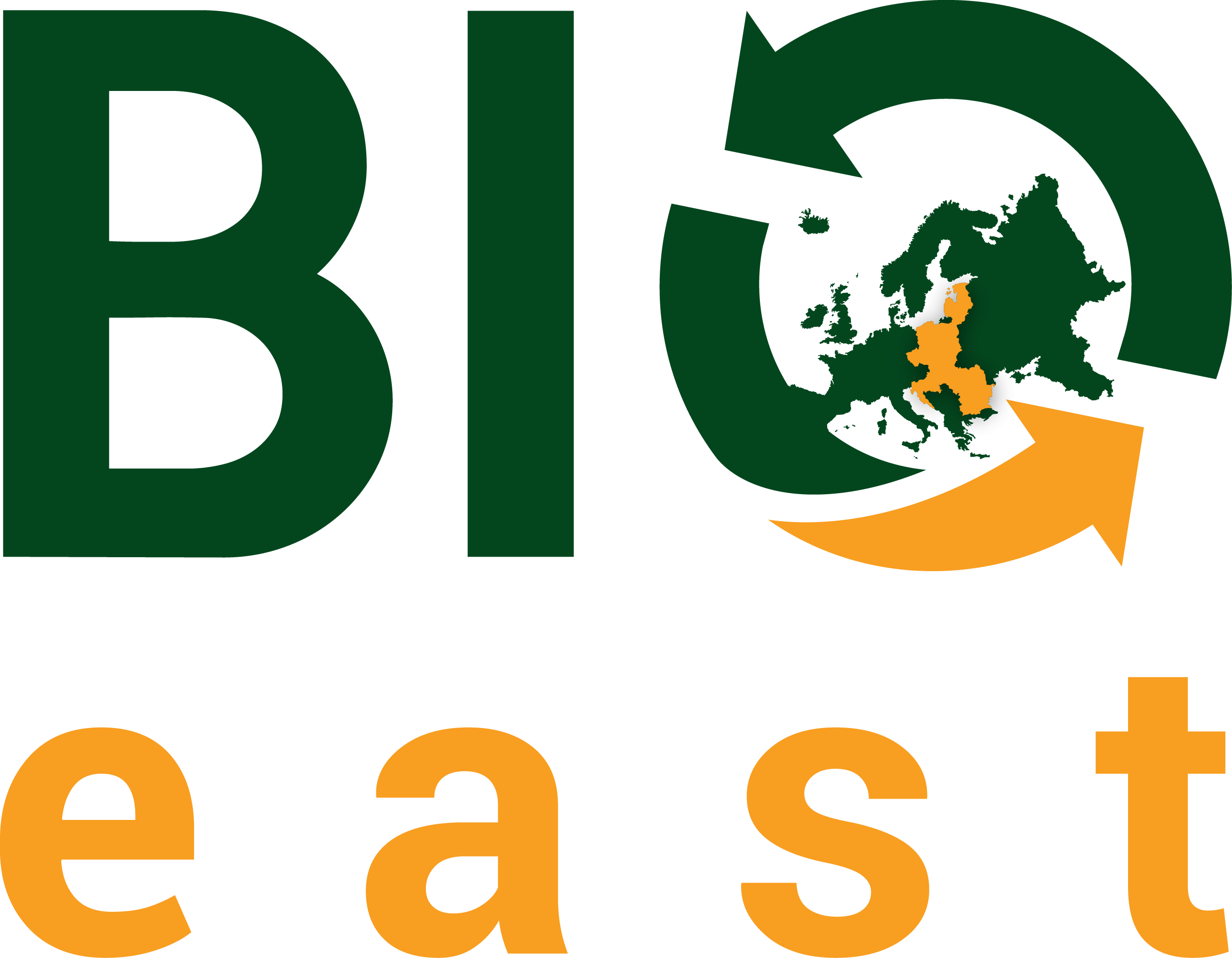What is the challenge of BIOEAST?
Over the last ten years the resources of the Common Agricultural Policy have helped the Central-Eastern European (CEE) regions to improve their agri-food, aquaculture, forestry sectors, environment and rural areas thus helped to increase the cohesion of the European Union (EU). We believe that in order to achieve further progress in sustainable growth of agriculture, aquaculture and forestry in the bioeconomy we have to shift the emphasis to research, innovation and transnational cooperation for knowledge-based development. It is a fact that the European Union sees significant internal disparities in terms of research and innovation performance as also identified in the Innovation Union Scoreboard. Besides, due to low participation of CEE regions in H2020, high level of professional knowledge stays outside of the region. This is a major challenge, which is hindering the sustainable growth in the whole EU. Therefore, the „widening participation” – as one of the horizontal issues complementing the strategic orientations for 2018-20 Work Programme – needs to be strengthened. The low performance and visibility of knowledge-based agriculture, aquaculture and forestry in the bioeconomy in CEE regions is an issue which in the past months has been recognised and discussed at regional, national and macro-regional level by many stakeholders including farmers, researchers and policy makers. What we need now is cooperative action to reach synergies and improve our performance
What could offer?
The Central-Eastern European Initiative for Knowledge-based Agriculture, Aquaculture and Forestry in the Bioeconomy – BIOEAST – could offer a shared strategic research and innovation framework for working towards the development of a sustainable bioeconomy in the Central and Eastern European (CEE) countries. The comparative advantage in the EU of the CEE countries, namely the sustainable biomass production and processing, could lead to the benefit of the society by creating jobs and growth in the private sector. The macro-region’s environmental, economic, societal, geopolitical, cultural and historical homogeneity and complexity could provide the framework conditions favourable to development of a sustainable circular bioeconomy. However, to achieve this goal, the traditional primary production and processing sectors must be modernized through a robust research and innovation initiative in bioeconomy. In fact, the research and innovation capacities of these countries are facing significant internal disparities, thus creating a barrier to the full completion of a European Research Area. Joint efforts are thus required to address present and future challenges successfully.
On these bases, it is critical to develop a Strategic Research and Innovation Agenda (SRIA) that would address the following issues:
- Food-, energy-, job- security in each country
- Macro-regional economic, environmental and societal sustainability
- European solidarity between EU13 and other member states (knowledge transfer)
- Cooperation with EU institutions to strengthen the synergies with other EU instruments and initiatives
What are the next steps for 2017-2018?
At the end of 2016 the Visegrad Group agriculture ministers of Czech Republic, Hungary, Poland, Slovakia and additionally Bulgaria, Romania and Slovenia committed to cooperate and to contribute to the development of the European Research Area in the bioeconomy sectors. In a common declaration, they expressed the willingness to work together, to present the common needs and proposals from the CEE macro-region’s countries, and to fill the gaps in the HORIZON 2020 Work Programme 2018-2020 under the Societal Challenge 2 Bioeconomy.
Several expert level meetings and workshops followed the common declaration of the ministers. In the context of global challenges and related research and innovation gaps, it had become clear that a deeper policy oriented cross-sectorial research and innovation initiative is essential. Several other countries’ ministries – like Croatia, Estonia, and European Union (EU) neighbouring countries research institutes – expressed the willingness to join the initiative. 27 September 2017 eight countries’ (Bulgaria, Croatia, Czech Republic, Hungary, Poland, Romania, Slovakia and Slovenia) agricultural ministers signed a second declaration, which was presented to the AGRI/FISH Council with the support of the Estonian Presidency
Based on the political level commitments 10 member states (enlarged with Lithuania) started to work at ministerial level and developed with the support of the EUROPEAN COMMISSION:
- ROADMAP (endorsed in November 2017)
- VISION PAPER (endorsed in February 2018)
- STRATEGIC RESEARCH AND INNOVATION AGENDA
The Vision Paper identifies the key challenges to address, it frames the objectives and goals of the initiative with a broad action plan and it paves the way for a Strategic Research and Innovation Agenda (SRIA) for the macro-region. The SRIA will be a tool for addressing the challenges. The SRIA will detail the scope, level and duration of specific joint actions to be taken in order to achieve a particular goal falling within a key challenge. It will be designed to be a living document offering a handbook for interested implementing bodies, bearing in mind that the BIOEAST initiative:
- allows for different types of action to be taken at different levels, as regards geographical coverage, critical mass, joint funding, coordination of national/regional efforts or the use of EU instruments;
- is designed to involve relevant players and stakeholders such as national ministries, regional authorities, international organisations, organisations that undertake research, research infrastructure, academia, the private sector, nongovernmental organizations and the general public.
In April 2018 Latvia requested to join the BIOEAST initiative. The Agricultural Minister of Latvia together with 10 BIOEAST agricultural ministers signed the Joint Declaration in Babolna, Hungary (13/06/2018) on the BIOEAST Vision. The third joint declaration was endorsed by 11 ministries and highlights key priority areas for the strategic programming of the EU research and innovation framework programme.
